It’s a common misconception that a financial plan is, first and foremost, about money.
Even though your financial plan will inevitably consider facts and figures – such as interest rates and investment returns – they’re not the first or most important part of your plan.
In fact, a financial plan is all about helping you to build a happy, fulfilling life. Accumulating wealth, protecting your income, and even tasks such as tax planning are all completed with the goal of improving your wellbeing.
So, if your quality of life isn’t increasing at the same rate as your wealth, it might be time to reconsider how you manage your money. Read on to learn more about how financial planning can help to improve your wellbeing.
Pursuing money rather than wellbeing could lead to dissatisfaction
You may have heard the old adage that “money doesn’t buy you happiness” – but research reported by CBS News suggests that this isn’t always the case.
While we all need a certain level of income to pay our bills and allow us to enjoy ourselves from time to time, after research subjects had reached a certain level of income, more money did not necessarily make them happier. This was the result of Daniel Kahneman’s study in 2010, which found that more money could only boost happiness up to a limit of $75,000 (around £60,000) a year.
But a later study has since disproved this, finding that more money did improve happiness up to a level of around $500,000 (around £400,000) a year.
So, which is true? The authors of the two studies were curious, so they teamed up to examine the results. They discovered something fascinating.
For people who were already unhappy in their lives, more money did nothing to improve their wellbeing above the threshold of around $100,000. But people who were happy and fulfilled in their lives experienced greater happiness as their incomes rose.
Placing happiness at the centre of your financial plan could lead to a more fulfilling life
As the research suggests, pursuing money for the sake of money is unlikely to lead to greater happiness.
Instead, by focusing on boosting your own wellbeing and outlook on life, you can use money as a tool to continue to build upon these foundations to achieve more happiness.
One of the ways you can do this is by thinking less about how much money you would like to have, and more about the activities, people, and places that help you to feel most fulfilled. By pursuing more of these things, you can ensure your life is full of whatever makes you happiest.
It’s worth spending some time to reflect on what this might look like for you. For example, it may be helpful to list:
- Life experiences when you felt proud, content, or accomplished
- Dreams or goals you have that you haven’t yet achieved
- Your favourite places to spend your time, both at home and on holiday.
When you have a clear picture of the things that bring you the most joy, you can create a financial plan that enables you to do more of these things.
Set yourself savings goals that enable you to do more of the things you love
You may have been taught from childhood that saving money for the future is an important part of creating financial stability. But as the research findings above highlight, it’s important to know what you are saving towards.
Using the items on the list you have written as a goal, you can ensure that the money you save can be used as a tool to achieve a more fulfilling and happy life.
Not all of the items will require you to save towards them though, so be sure to enjoy those things while you save towards your bigger goals.
Your financial planner can help you to ensure you save and invest enough to achieve a happy and fulfilling life
Some of the goals you set yourself might require more long-term financial planning. You may wish to retire early so that you can spend more time doing what you love, or perhaps you’d like to buy a holiday home to spend quality time with your family.
Your financial planner can help you to work towards these goals without sacrificing your lifestyle today using a cashflow forecast. By entering data about your income, assets, expenses, and expected retirement date, they can create an illustration of how your net worth may change over time.
Your cashflow forecast can also illustrate how different decisions you make could affect your wealth and your ability to achieve your goals. For example:
- If you were to retire earlier than expected, could you still save enough to cover the cost of your preferred lifestyle?
- If you were to buy a holiday home, how would this affect your savings and investments?
- If you needed to take a career break, how might this affect your retirement savings?
By understanding your priorities and values, your planner can use the cashflow forecast to help you create a financial plan that enables you to live life on your terms. Consequently, you are more likely to be able to use your wealth to improve your happiness and wellbeing both today and in the future.
Get in touch
Our team of independent financial advisers in Lewes is here to support you in building a robust financial plan that helps you to achieve your goals.
To find out more, please get in touch by emailing us at financial@barwells-wealth.co.uk or by phone on 01273 086 311.
Please note
This article is for general information only and does not constitute advice. The information is aimed at retail clients only.
The value of your investments (and any income from them) can go down as well as up and you may not get back the full amount you invested. Past performance is not a reliable indicator of future performance.
Investments should be considered over the longer term and should fit in with your overall attitude to risk and financial circumstances.
The Financial Conduct Authority does not regulate cashflow planning or tax planning.







 Production
Production